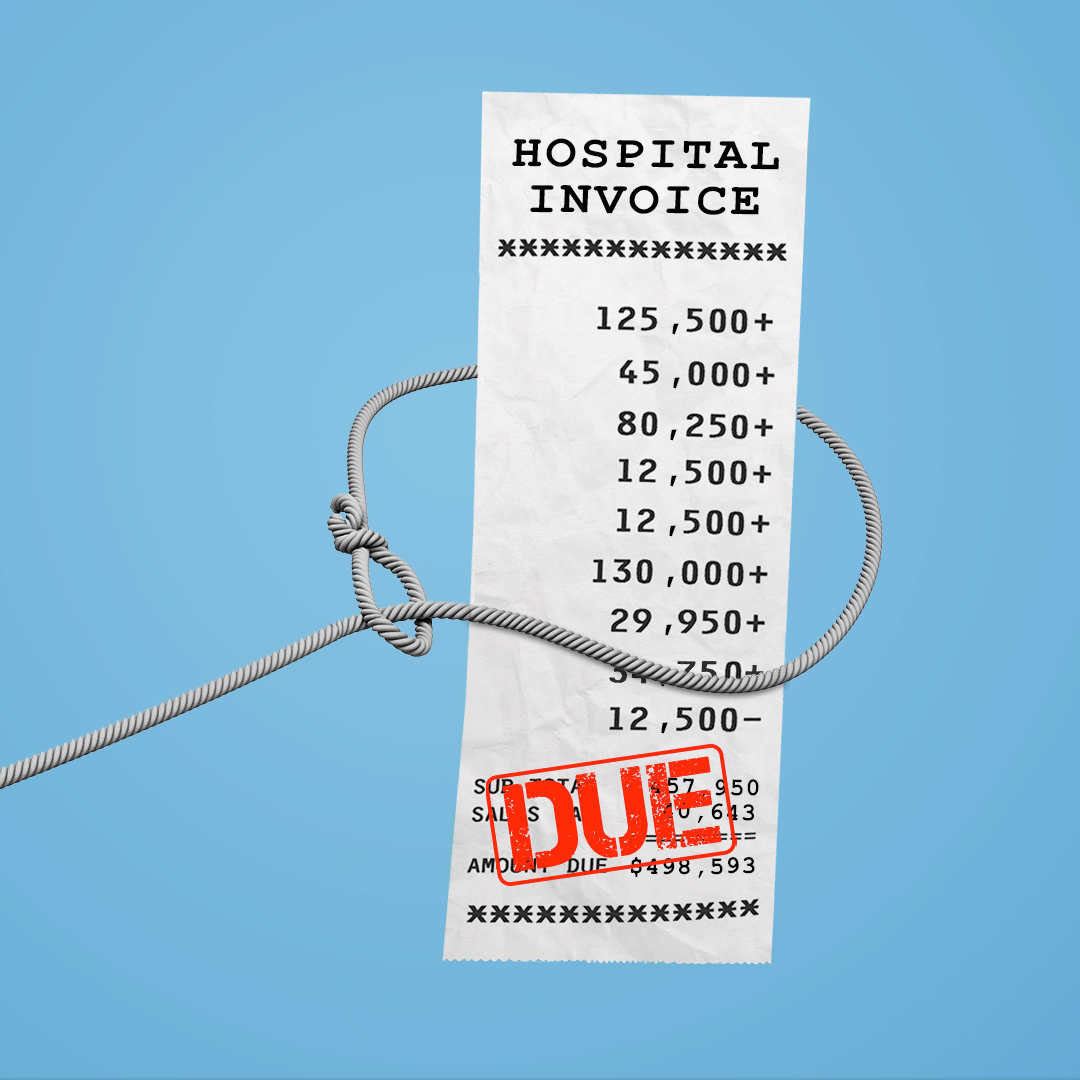Why ending surprise medical bills is harder than it looks

Published Date: 10/17/2018
Source: axios.com
Staggering surprise medical bills are finally getting some scrutiny from policymakers. But to take patients off the hook for those bills, the money has to come from somewhere else usually from higher insurance premiums or out of doctors bottom lines.The big picture: Getting an unexpected bill for thousands of dollars is a gut-level problem. Yet that problem is a product of the health care systems complexity, and every potential solution runs into roadblocks from an industry that wants to protect its profits, or skepticism from policy experts or political opposition.How it works: Surprise hospital bills frequently stem from a practice known as balance billing.You go to a hospital that takes your insurance, meaning the insurer and the hospital have agreed on a price for the services youll need. But individual doctors within the hospital may not be part of the same insurance network. Theyve never agreed to the insurance companys prices, so after the insurance company pays them, they send you a bill for the remaining balance often thousands of dollars.People in emergency situations who get taken to hospitals out of their insurance network can find themselves in a similar situation.Putting a stop to balance billing requires shifting the cost to someone else or reducing the size of the bill, or both."Far and away the biggest challenge is deciding on the 'right price,'" the American Enterprise Institute's Benedic Ippolito said.One idea would be to base out-of-network providers' payments on Medicare's rates. That would cut down on the overall cost of out-of-network care. But providers say those rates are too low.A bill from Sen. Bill Cassidy (R-LA) would require insurance companies to shoulder the burden, which they would then pass on through higher premiums.Under Cassidys bill, out-of-network doctors would in many cases get paid more than the in-network price for the same service. Experts fear this could leave doctors and hospitals without much incentive to negotiate with insurance plans at all, driving costs even higher.Balance billing is especially common for emergency-room care, where patients are often in no position to inquire about their insurance networks. "Standard market forces ... dont much apply to [emergency] and ancillary physicians," said Loren Adler, associate director of the USC-Brookings Schaeffer Initiative for Health Policy.In addition to figuring out where to shift the burden of these bills into insurance premiums or onto doctors policymakers also have to decide whether to apply that solution broadly, or only to certain areas, like emergency care."The broader these payment restrictions extend, the more opportunities there are to distort other parts of the market in unintended ways," Ippolito said.What we're watching: Most state laws so far have stopped short of imposing direct price caps on providers, and they can still adjust to avoid profit losses. But that may be unsustainable.The emergency room and the out-of-network billing is the gateway drug to larger price control conversations," said Rodney Whitlock, a former Senate GOP health policy aide.